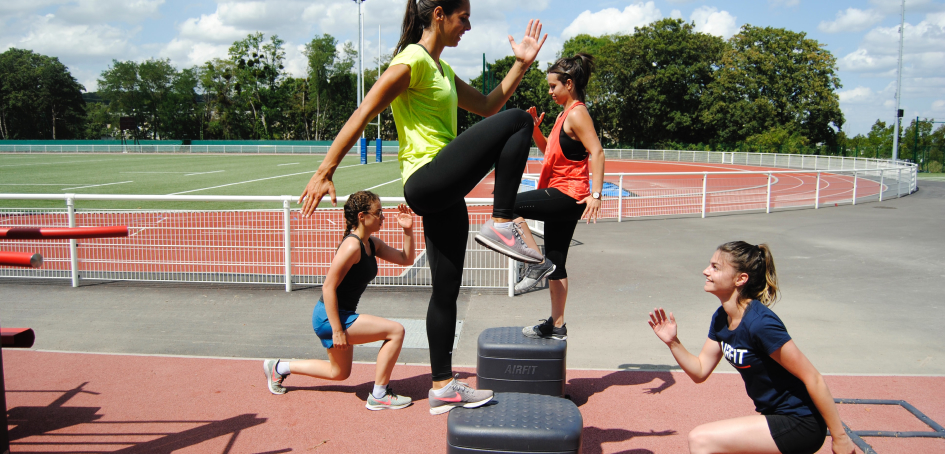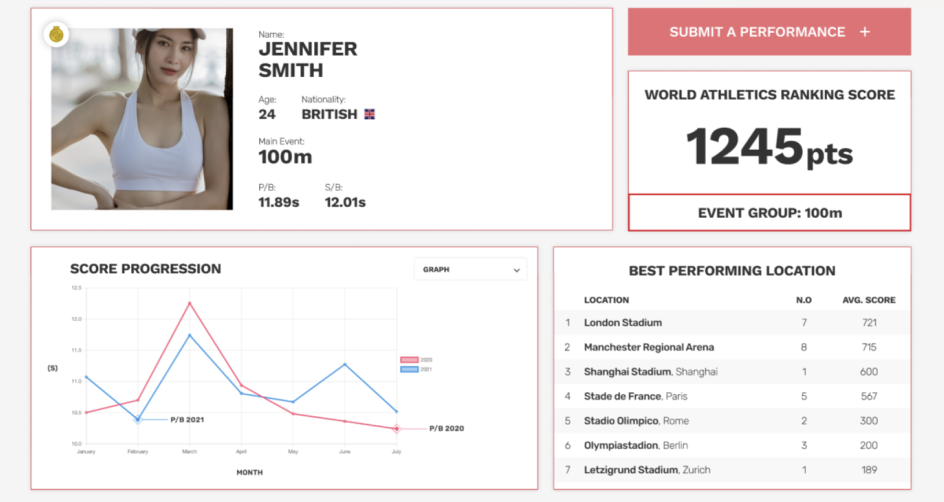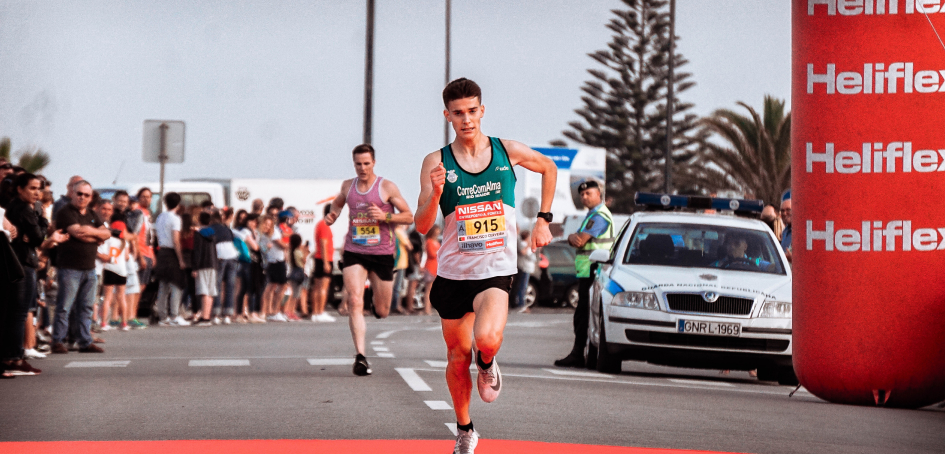introduction
The World Rankings are becoming an increasingly important metric in qualifying for major championships and getting into elite circuit meetings. Therefore it is important as an athlete to understand how they work and how you can go about strategically improving your world ranking. On this page we will provide a brief summarisation as the rules vary slightly depending on your event specialisation, but if you wish to read the full rules (which we would advise) go ahead.
Find out more at the World Athletics Website.

Ranking Method
The formula below is as simple as it can be explained. You have performance scores given to you for every performance you do in an officially recognised competition. Your world rank score is calculated by taking an average of your top performance scores to give you an average ranking score which will be a number somewhere between (0-1700). Typically speaking any score above 1200 is world class and should place you in the top 40 in the world for your event. Any score above 1000 will likely place you in the top 500-1000 in the world.

Result score
Your result score is based on the IAAF scoring tables where every performance is given a score between 0 and 1400. For example 9.80 in the men’s 100m is worth 1276pts and the equivalent for a female long jumper is 7.26m. On top of this you may also get a couple points added on or taken away depending on the severity & direction of the wind if you specialise in the 100m, 200m, LJ, TJ or sprint hurdle events. Make use of our free result score calculator on the Performance Tool page!
Placing score
Your position score is dependent on two factors. Firstly the classification of the competition you competed in (e.g. OW, A, E etc.) and what position you finished in that competition. For example coming 2nd in a GW competition awards you 170pts and coming 6th in a C class competition gets you 30pts. It is important to compete in better competitions and understand classifications. Go check out our page explaining the categorisation of competitions in more depth!
why world ranking matters
Qualifying for major championships such as the Olympics is no longer based on simply achieving a qualification standard; those days are now long gone. 38% of the athletes who competed at the Tokyo Olympic Games did not have a qualification standard and thus got invited to compete by way of their world ranking. It is therefore critical that you understand and tactically look to maximise your points if your ambition is to compete at major championships!


